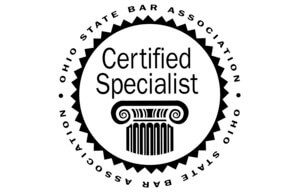Should You Move to a Roth IRA?
/Tired of trying to meet all the rules on traditional tax-deferred saving plans? Consider switching to a Roth IRA.
Contributions to a Roth IRA are not tax-deductible. But, unlike a traditional IRA, you don't have to start taking money out (or stop putting money in) at age 70 1/2. And, after five years or age 59 1/2 (whichever is later), distributions to you and your beneficiaries will be income TAX-FREE.
You can convert some or all of your traditional IRA if your adjusted gross income is $100,000 or less. The same income limit applies to individuals and married couples filing jointly. (Married couples filing separately cannot convert.)
TIP: Income taxes will be due on the amount you convert, just as if you made a withdrawal. But it can be well worth it. You can also set up a new Roth IRA and make after-tax contributions to it.
TIP: If you want to convert, start planning now. You may even be able to defer income to get under the $100,000 AGI limit.
TIP: You can only convert from a traditional IRA. If your money is in a pension, 401(k), etc., you must roll it into a traditional IRA first and then convert.
Consider converting to a Roth if:
- Your IRA is small and/or you are in a low tax bracket.
- You made non-deductible contributions that won't be taxed when you convert.
- Your retirement tax bracket will be the same or higher than now.
- You can pay the tax without dipping into your IRA.
- You won't need your IRA in retirement and want to let it keep growing tax-free.
- You are already taking distributions and want to eliminate the annual distribution.





